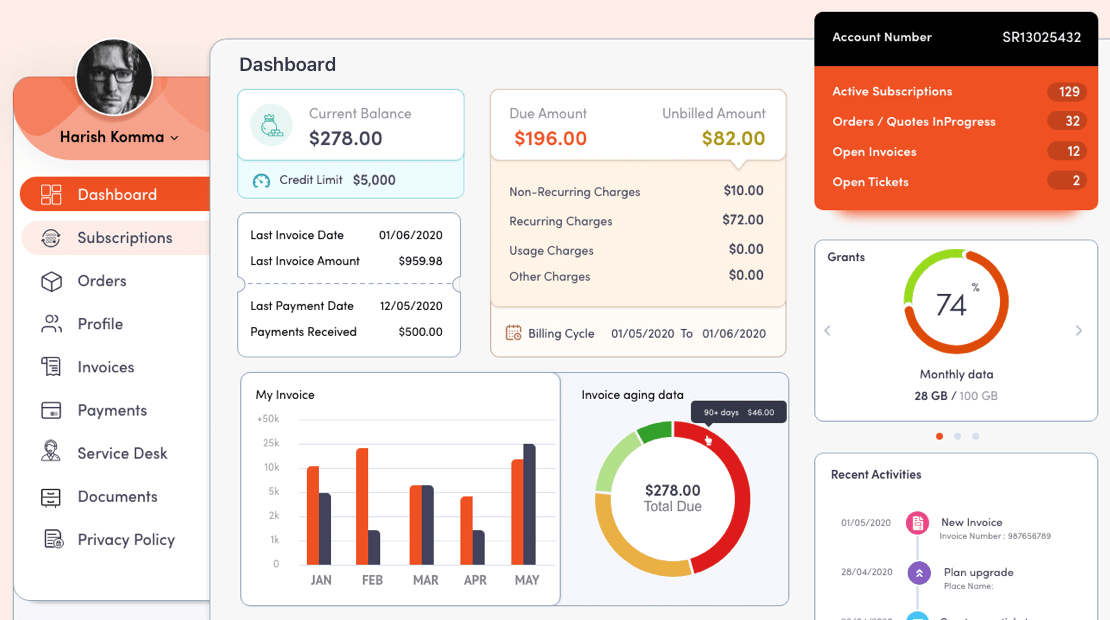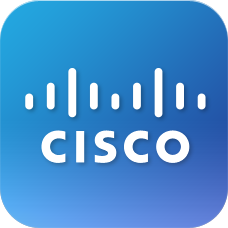5 Mobile VoIP Hurdles Preventing Mainstream Adoption
So then why are we just not calling everybody using these popular instant messaging apps instead of dialling to them on expensive voice calls? There are a few hurdles which are stopping us from doing that today:
Mobile VoIP Hurdles
Mobile VoIP apps are 2nd-class citizens on mobile operating systems
Have you ever been on a Facebook or Skype call, only to be interrupted by a traditional phone call? VoIP apps are treated like second-class citizens, possibly because mobile operating systems today treat phone calls above everything else.
When you’re on a VoIP call and a phone call comes in; you’re forced to make a decision to either accept or reject the phone call as it takes up the entire screen and your mobile VoIP call might also get disconnected. If you’re ever making voice calls over the Internet today, be prepared for a disruptive experience.
VoIP calls hog battery life, and cause heating
VoIP calls tend to hog battery life more than typical phone calls. Also, when an Internet call on a smart phone lasts for over a few minutes, it tends to get warmer than it would when on a regular phone call. How many people will accept these trade-offs for cheaper voice calls?
Incoming calls aren’t always ‘free’
In countries, incoming calls to mobile phones are not charged. That may not be the case if you’re receiving an incoming call over the Internet, because data consumption happens on both ends of that call. Now, it depends whether you’re on Wi-Fi or 3G, since most broadband Internet plans are virtually unlimited or have large enough limits not to be affected by the call. That is not the case for most 3G plans. So, taking a call when you’re on Wi-Fi is effectively free, but over 3G you will end up paying for some data.
App availability and fragmentation
There are dozens of instant messaging apps available – some of the more popular apps are WhatsApp, Facebook Messenger, Viber, Skype, Hike, Google Hangouts, FaceTime, WeChat. This large number of creates uncertainty about which person may be available on which Internet-calling app. You can say WhatsApp could be that universal instant messenger that most of us use, but that isn’t always the case.
There are many benefits of VoIP calling over the internet – it’s cheaper and it offers better voice clarity. Apps like Facebook Messenger and some others have useful features such as automatically reconnecting calls when you are hopping in and out of poor connectivity, so there are fewer ‘call drops’. If you’re making international calls, the difference in price is so great that we all willingly put up with all these hurdles to make VoIP calls. But until these issues are resolved, many people won’t use the Internet for local calls, which should probably make the telcos a little less worried.







